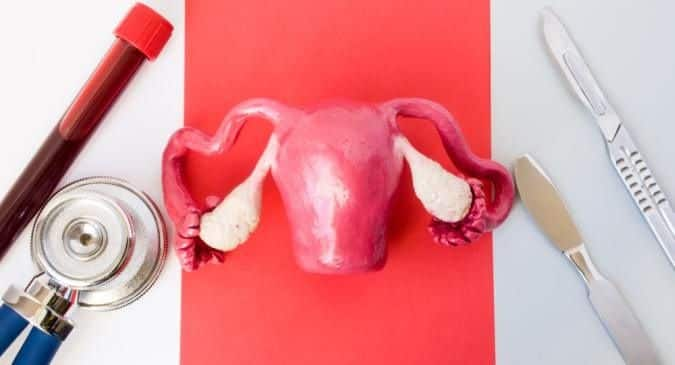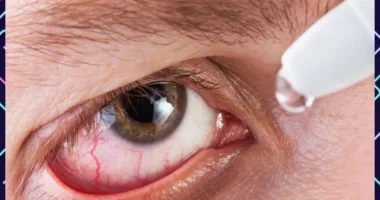Can PCOS Be Managed Without Medicines? PCOS is a hormonal disorder that can affect women periods. Dr Arbinder Singal explains how diet can significantly manage PCOS symptoms.
PCOS is a hormonal disorder that can affect women periods. Dr Arbinder Singal explains how diet can significantly manage PCOS symptoms.
Can PCOS Be Managed Without Medicines?
PCOS Awareness Month 2022: Polycystic ovary syndrome, generally known as PCOS, is a hormonal disorder that may be managed with natural treatments and lifestyle changes. Regulation of insulin and testosterone may be attributed to the cause of PCOS. In addition, specific medical treatments, such as oral contraceptives, help manage its symptoms, but there is no cure for PCOS. Some women may find that lifestyle changes, such as eating a healthy diet and exercising regularly, help to manage their symptoms. If you are diagnosed with PCOS, one of the first things your doctor will likely recommend is making some changes to your diet. Giving further information Dr Arbinder Singal, Fitterfly’s CEO and Co-Founder, explain how diet can significantly manage PCOS symptoms.
Dietary Approaches Towards PCOS
There are a few different dietary approaches that may be helpful for PCOS management. One approach is the low-glycemic index (GI) diet, which focuses on eating foods with low GI scores. Foods with a low GI score are digested slowly, which helps regulate blood sugar and insulin levels. Research has shown that the low-GI diet can help to improve fertility in women with PCOS and help with weight loss.
PCOS And Diet Changes
Research has shown that diet plays a very significant role in altering the clinical appearance of the syndrome. When women with PCOS changed their diet, they lost weight and reduced their levels of insulin, free testosterone, glucose, and fat. A diet containing fruits and vegetables, low-fat dairy and whole grain products, and alcohol in moderate amounts has been beneficial. Along with the diet, hydration is also necessary.
Low Motivation In PCOS
A digital therapeutics program helps physicians overcome problems of low motivation in PCOS, provide lifestyle and psycho-social support, and respond to patient queries without investing time. Digital therapeutics is an elaborate and structured system incorporating dietary changes, personalization, workout routines, and continuous monitoring.
There are many benefits to exercise when it comes to managing PCOS.These include:
- Exercise can help to regulate insulin levels, which can, in turn, help to manage weight and other hormone levels.
- Regular exercise is also known to improve fertility, so it’s a great way to manage PCOS without medications.
- When you exercise, your body will metabolize sugar more quickly, lower cholesterol levels, and reduce the risk of Type 2 diabetes or atherosclerosis.
- Regular exercise helps improve sleep quality and the amount you sleep and reduces the risk of obstructive sleep apnea. Sleep disturbance is common in those with PCOS.
- Exercise helps produce endorphins, which can improve your mood and reduce stress.
The Final Word
PCOS cannot be cured; however, the symptoms can be effectively managed. Lifestyle changes, weight loss, and a balanced and nutritious diet go a long way in improving the symptoms of PCOS. Regular exercise with a healthy diet also helps in weight loss, improving the symptoms of PCOS. Digital therapeutics may also play an essential role in the management of PCOS.








